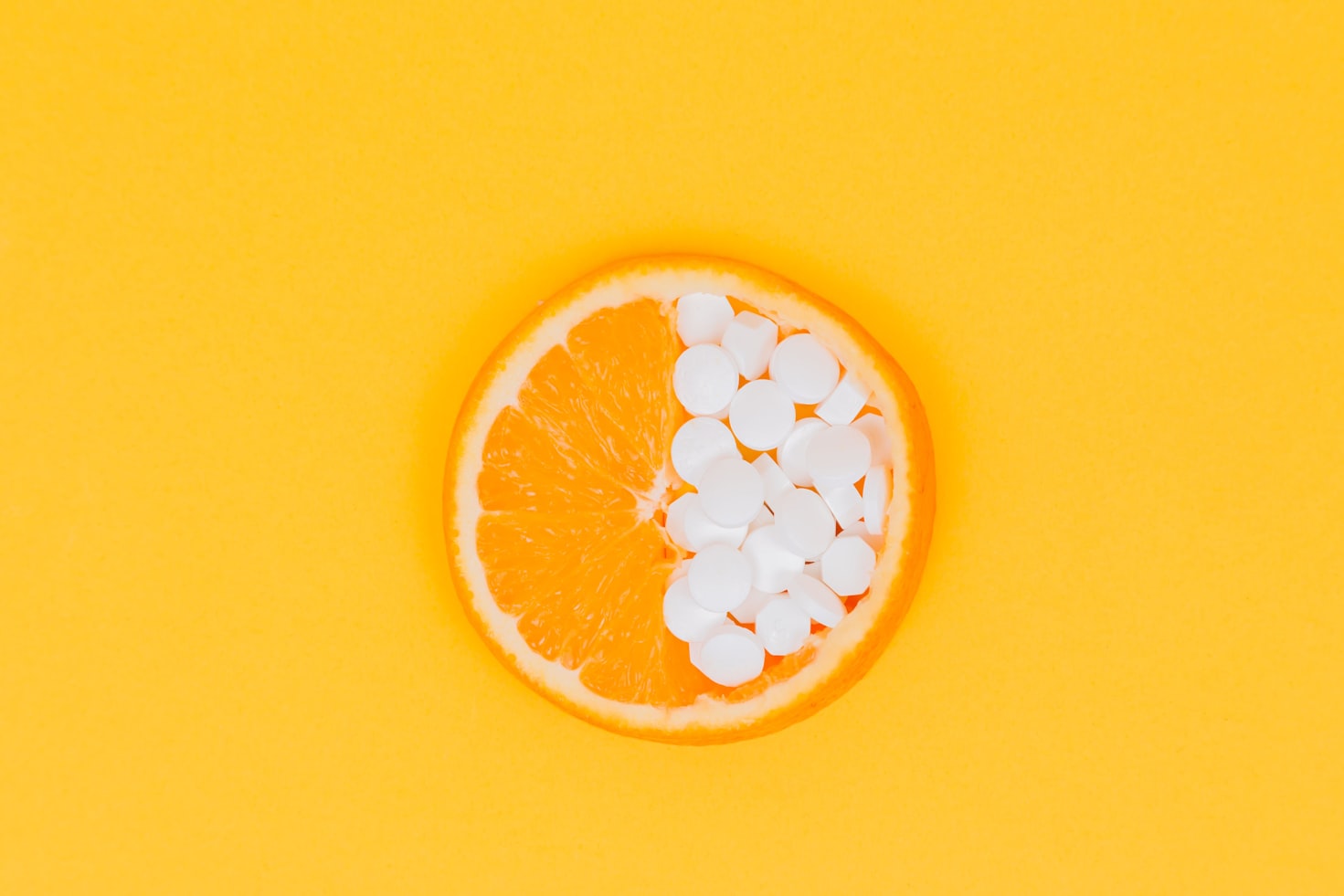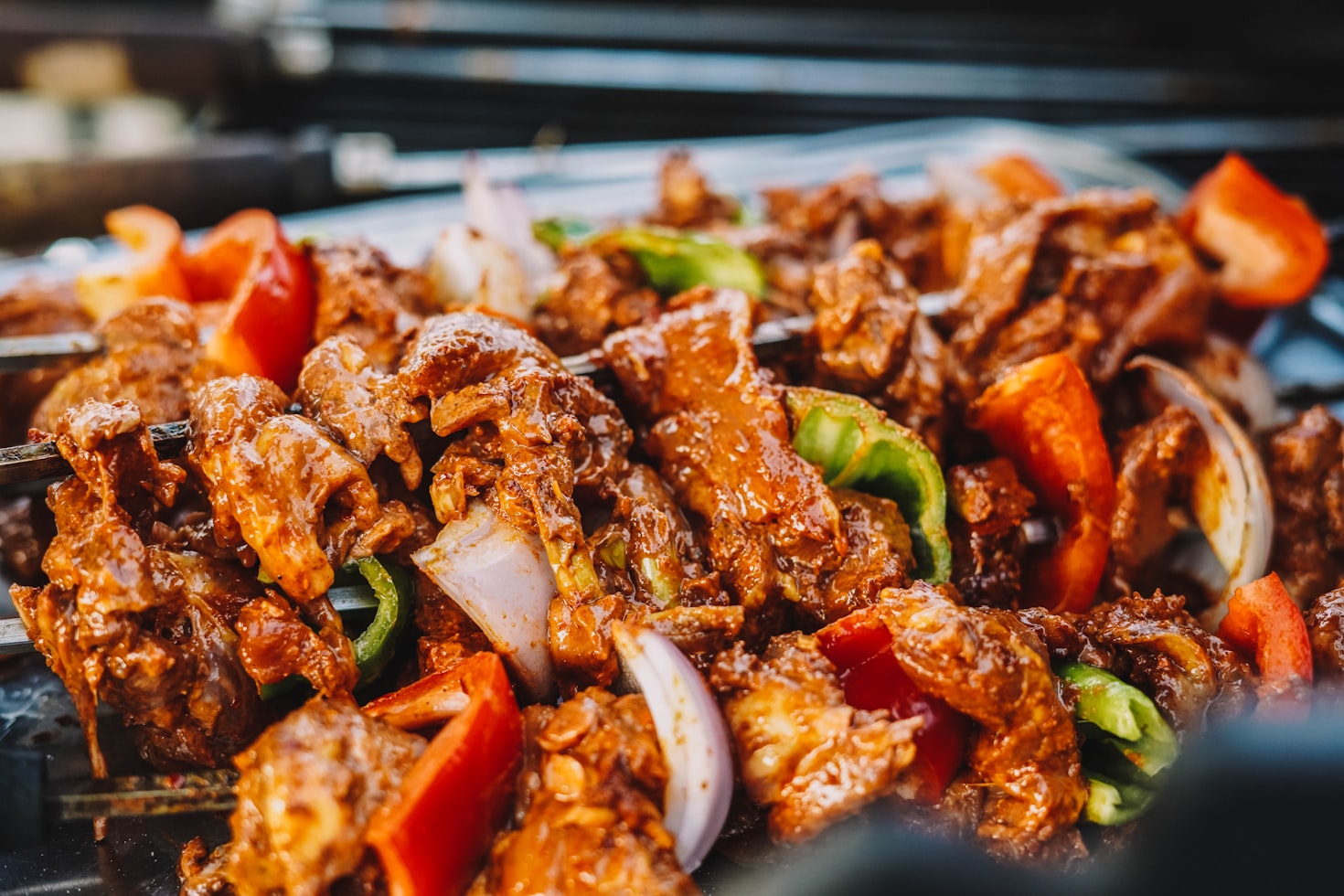Can You Do a Keto Diet Without a Gallbladder?
The ketogenic diet, or keto diet, has gained popularity in recent years for its potential health benefits, including weight loss and improved blood sugar control. However, for individuals who have had their gallbladder removed, following a keto diet may raise concerns about digestion and nutrient absorption. In this article, we will explore whether it is possible to do a keto diet without a gallbladder and provide valuable insights for those considering this dietary approach.
The Role of the Gallbladder
Before delving into the topic, it is important to understand the role of the gallbladder in digestion. The gallbladder is a small organ located beneath the liver, and its primary function is to store and concentrate bile produced by the liver. Bile is essential for the digestion and absorption of dietary fats.
When we consume a meal containing fats, the gallbladder releases bile into the small intestine, where it helps break down fats into smaller molecules that can be easily absorbed by the body. Without a gallbladder, the continuous flow of bile into the small intestine is disrupted, potentially affecting fat digestion.
Challenges of a Keto Diet Without a Gallbladder
Following a keto diet without a gallbladder may present some challenges due to the reduced ability to digest and absorb fats. Some individuals may experience symptoms such as diarrhea, bloating, and abdominal discomfort when consuming high-fat meals. However, it is important to note that not everyone who has had their gallbladder removed will experience these issues.
One study published in the journal Obesity Surgery found that individuals who had undergone gallbladder removal surgery experienced a decrease in fat absorption. However, the study also noted that the body has the ability to adapt to the absence of a gallbladder over time, and fat absorption may improve.
Strategies for a Successful Keto Diet Without a Gallbladder
While it may require some adjustments, it is possible to follow a keto diet without a gallbladder. Here are some strategies to consider:
1. Gradually Increase Fat Intake
Start by gradually increasing your fat intake to allow your body to adapt. Begin with smaller amounts of healthy fats, such as avocados, olive oil, and nuts, and gradually increase the portion sizes over time. This approach can help minimize digestive discomfort.
2. Choose Healthy Fats
Focus on consuming healthy fats that are easier to digest, such as monounsaturated fats found in avocados and olive oil. These fats are less likely to cause digestive issues compared to saturated fats found in fatty meats and dairy products.
3. Consume Medium-Chain Triglycerides (MCTs)
MCTs are a type of fat that can be easily absorbed and utilized by the body, bypassing the need for bile. Coconut oil is a rich source of MCTs and can be incorporated into the diet to provide a readily available source of energy.
4. Consider Digestive Enzyme Supplements
Digestive enzyme supplements can help support fat digestion and absorption. These supplements contain enzymes that aid in breaking down fats, making them easier for the body to absorb. Consult with a healthcare professional to determine if these supplements are appropriate for you.
5. Eat Smaller, Frequent Meals
Instead of consuming large meals, opt for smaller, more frequent meals throughout the day. This approach can help reduce the strain on the digestive system and make it easier for the body to process fats.
6. Monitor Your Symptoms
Pay attention to how your body responds to the keto diet without a gallbladder. If you experience persistent digestive issues or discomfort, it may be necessary to adjust your fat intake or seek guidance from a healthcare professional.
Frequently Asked Questions (FAQ)
1. Can I still lose weight on a keto diet without a gallbladder?
Yes, it is still possible to lose weight on a keto diet without a gallbladder. However, it may require some adjustments and monitoring of symptoms to ensure optimal digestion and nutrient absorption.
2. Will I experience digestive issues if I follow a keto diet without a gallbladder?
Some individuals may experience digestive issues when following a keto diet without a gallbladder, such as diarrhea, bloating, or abdominal discomfort. However, not everyone will experience these symptoms, and the body can adapt over time.
3. Are there any specific foods I should avoid on a keto diet without a gallbladder?
While there are no specific foods that need to be completely avoided, it is important to listen to your body and adjust your fat intake accordingly. Some individuals may find that certain high-fat foods, such as fatty meats or dairy products, are more difficult to digest.
4. Can I take bile salts supplements to aid digestion?
Bile salts supplements can be considered to support fat digestion and absorption. These supplements contain bile acids that help break down fats. However, it is recommended to consult with a healthcare professional before starting any supplementation.
5. How long does it take for the body to adapt to the absence of a gallbladder?
The body can adapt to the absence of a gallbladder over time. While the exact duration may vary from person to person, it is generally believed that the body can adjust within a few months to a year.
6. Can I still achieve ketosis without a gallbladder?
Yes, it is still possible to achieve ketosis without a gallbladder. Ketosis is a metabolic state where the body relies on fat for fuel instead of carbohydrates. By following a low-carbohydrate, high-fat diet, the body can enter ketosis even without a gallbladder.
Summary
While following a keto diet without a gallbladder may present some challenges, it is possible to adapt and achieve success. By gradually increasing fat intake, choosing healthy fats, incorporating MCTs, considering digestive enzyme supplements, eating smaller, frequent meals, and monitoring symptoms, individuals can navigate the keto diet without a gallbladder. It is important to listen to your body, make adjustments as needed, and consult with a healthcare professional for personalized guidance. With the right approach, individuals can still reap the potential benefits of a keto diet, even without a gallbladder.





